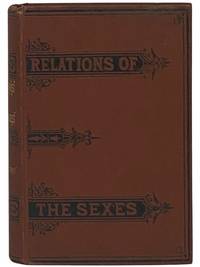first edition Hard Cover
1996 · New York
by Atwood, Margaret
New York: Nan A. Talese / Doubleday, 1996. First US Edition. Hard Cover. Very Good/Very Good. 7x1x10. First U.S. edition. Minor wear to corners. 1996 Hard Cover. 468 pp. 8vo. Inspiration for the CBC miniseries. "In Alias Grace, bestselling author Margaret Atwood has written her most captivating, disturbing, and ultimately satisfying work since The Handmaid's Tale. She takes us back in time and into the life of one of the most enigmatic and notorious women of the nineteenth century. Grace Marks has been convicted for her involvement in the vicious murders of her employer, Thomas Kinnear, and Nancy Montgomery, his housekeeper and mistress. Some believe (truncated)


